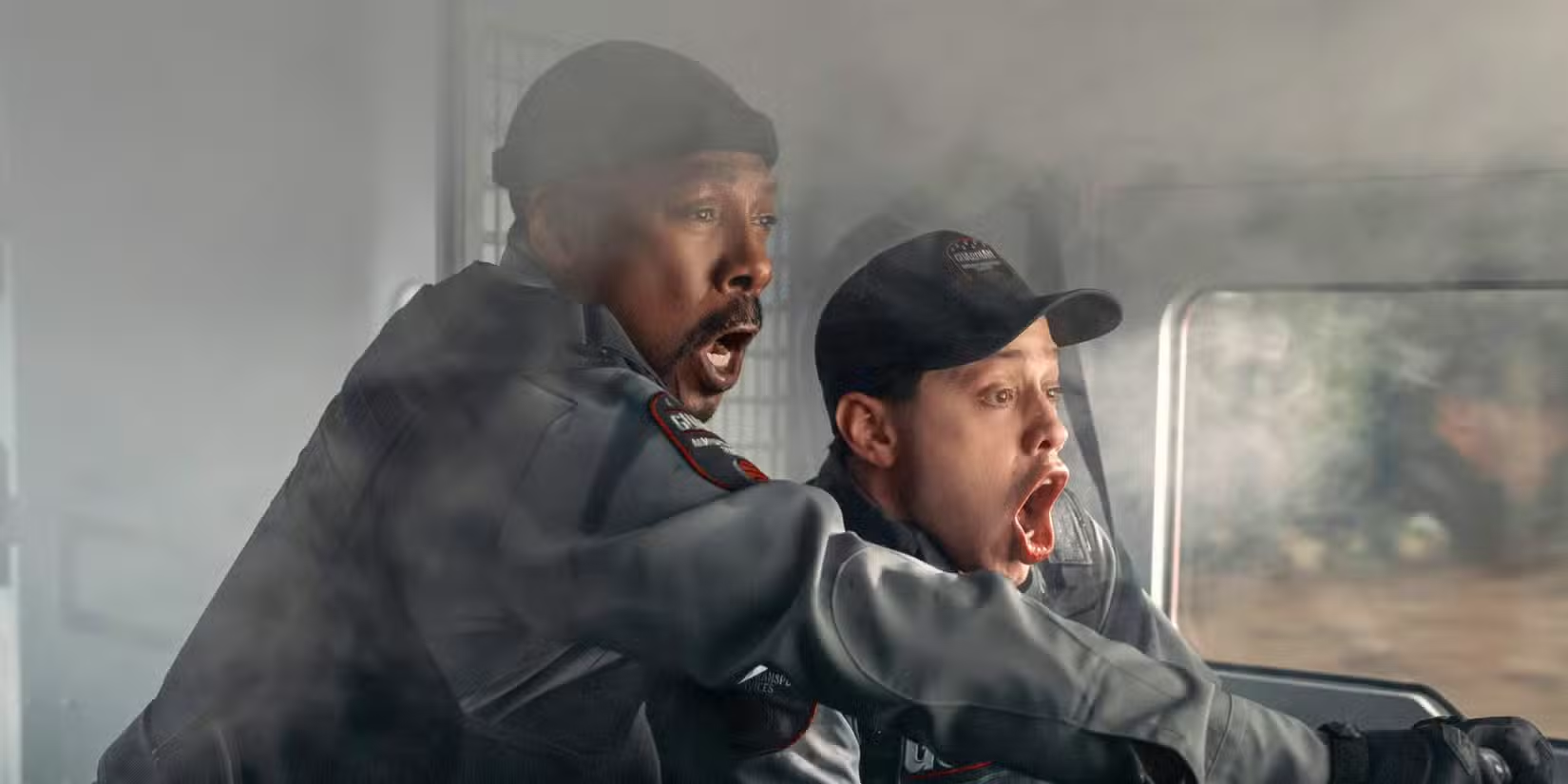“Everybody needs money. That’s why they call it money!” -Mickey Bergman, Heist (2001)
by D. Movieman
The early foundation of the heist film was first established in 1903, when Edwin S.
Porter’s The Great Train Robbery made its way to the silver screen. It broke new
ground in the cinematic world, particularly with its use of visual storytelling and narrative
editing. This innovative film was, at its core, a straightforward Western crime thriller.
Then in 1950 came John Huston’s eighth feature film: The Asphalt Jungle. It not only
contributed to the heist subgenre—it canonized it. Earlier films drew clear lines between
heroes and villains; this new film blurred them by trading moral conviction for ambition
and ambiguity.
The heist film continues to evolve with an abundance of classic and distinctive entries:
Rififi, Ocean’s 11, The Italian Job, The Pink Panther, The Thomas Crown Affair, Heat,
The Usual Suspects, Inside Man, Inception, Tower Heist, Logan Lucky, and many more.
Their enduring popularity is driven by the interplay of meticulous planning, ensemble
dynamics, and suspenseful execution, a blueprint exemplified early on by The Asphalt
Jungle. With the subgenre’s foundations firmly established, how does this newest entry
measure up?

Let’s start with its filmmaker. Tim Story is a director whose filmography is
filled with quirky and heartfelt entries. Many of his films have offered alternative
imagery of black lives liberated from archetypical trauma and tragedy. This includes
Barbershop, Think Like A Man, Ride Along, Shaft, The Blackening, and more.
In The Pickup, Tim Story attempts to recapture the charm of his earlier hits—using a
heist backdrop to fuel ensemble-driven antics and lighthearted chaos. This is well-
evidenced by the casting of comedic actors like Eddie Murphy, Keke Palmer, Eva
Longoria, and Pete Davidson. Ironically, like the heists they depict, heist films often go
awry—and The Pickup follows suit.
The story is forgettable. The ensemble’s chemistry is nonexistent. The heist is a
snoozefest. The dialogue? Yikes! Ultimately, Pete Davidson’s presence proves to be
the film’s most glaring liability. His character Travis is a tiresome court jester, whose
crass, hyperactive antics quickly wear thin. In response to a happy reunion between
Russell and his wife Natalie, we hear Travis drop a pointlessly vulgar line. It’s one of
many bizarre swings at edgy humor that miss completely. Though built on a familiar
buddy cop formula, the dynamic between Murphy and Davidson feels forced and unconvincing.

At best, their scenes are tolerable. At worst, they appear as if Eddie
Murphy the actor is barely enduring Pete Davidson the persona.
Keke Palmer and Eva Longoria do their best to offset the imbalance, but the poor
writing sinks them. One is a ‘thief with a heart of gold’ archetype—the other a saucy
Latina stereotype simply there to remind us that she speaks Spanish. What a shame.
Is there heart behind the hijinks? Sure, but The Pickup never finds it—or at least, it
doesn’t care to. In the end, this film serves as a reminder that even the best heists still
need an airtight blueprint.
Rating: 3/10.
(The Pickup is currently streaming on Prime Video.)




